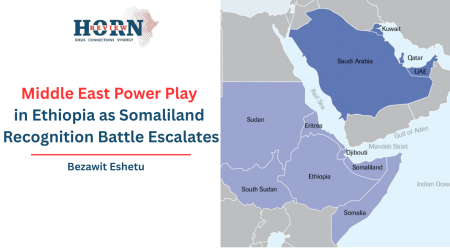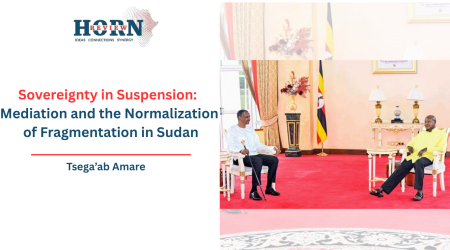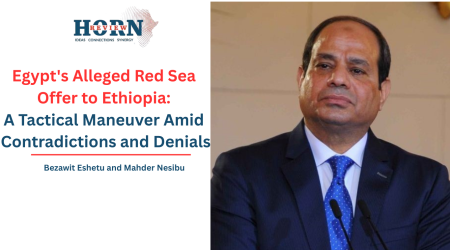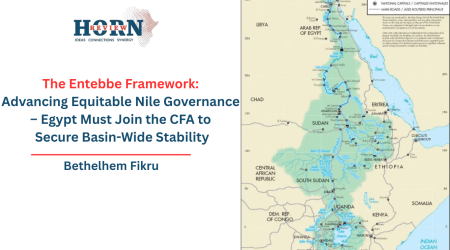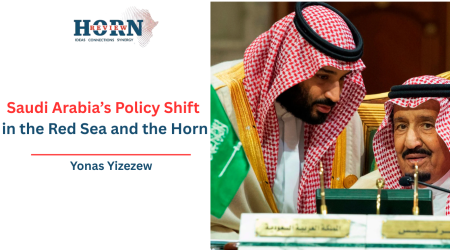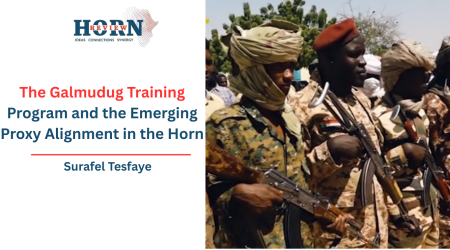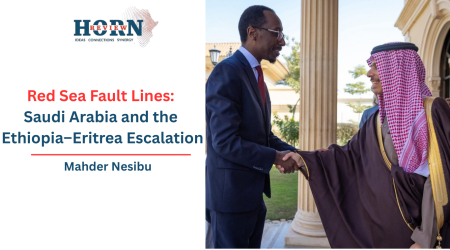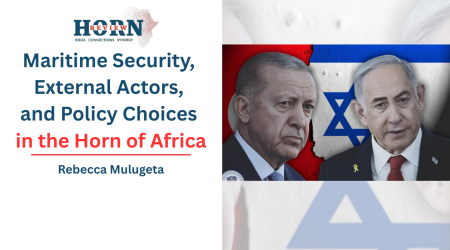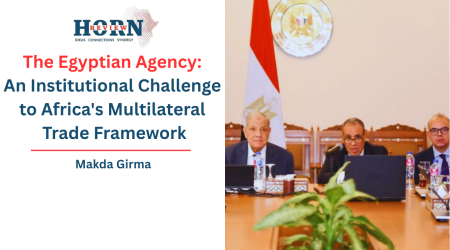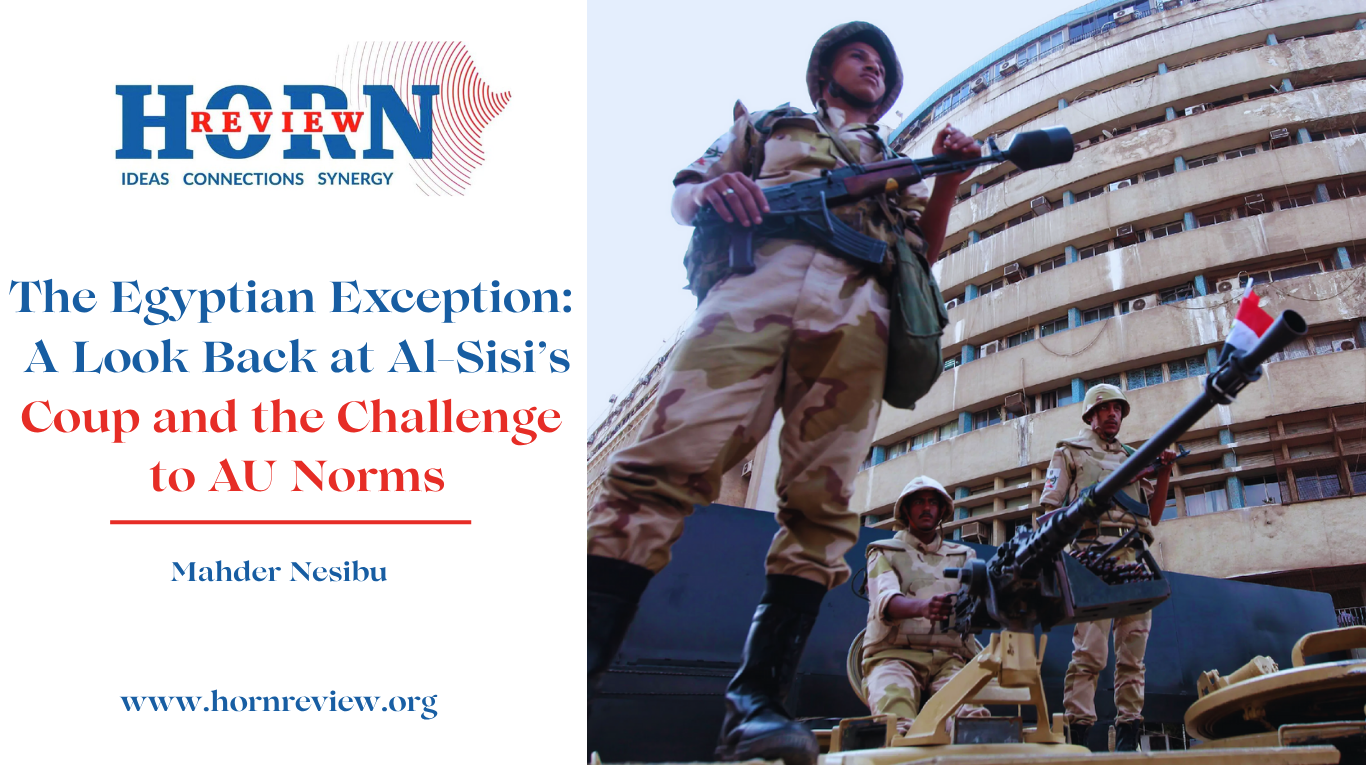
5
Nov
The Egyptian Exception: A Look Back at Al-Sisi’s Coup and the Challenge to AU Norms
The 2013 military takeover that brought Abdel Fattah al-Sisi to power in Egypt remains one of the most consequential tests of the African Union’s governance norms in recent decades. It exposed the distance between the Union’s formal commitment to “zero tolerance” for coups and its political willingness to uphold that standard when faced with a powerful member state. The AU’s anti-coup regime rests on Article 4(p) and Article 30 of its Constitutive Act, both rejecting unconstitutional changes of government and denying participation to any government that seizes power unlawfully. The Lomé Declaration of 2000 likewise prescribes suspension of any state affected by a coup, a position later reaffirmed by the African Charter on Democracy, Elections and Governance.
When the Egyptian military deposed President Mohamed Morsi on July 3, 2013, the AU swiftly invoked these provisions. The Peace and Security Council deemed the event unconstitutional and suspended Egypt two days later. Cairo’s diplomats countered that the army had merely responded to a popular uprising, framing the episode as a “revolution” rather than a coup, and lobbied African capitals for leniency. A High-Level Panel led by former Malian president Alpha Oumar Konaré was appointed to monitor the situation, but the AU’s capacity to enforce sanctions remained limited. It lacked coercive tools beyond suspension and relied on political consensus, which is difficult to achieve when powerful states are involved.
By early 2014, signs of flexibility had emerged. While reaffirming Egypt’s suspension, the Peace and Security Council emphasized its readiness to restore constitutional order once elections were held, suggesting that formal procedure rather than substantive legitimacy would determine reinstatement. As external allies rallied behind Cairo, the AU’s determination further softened. Egypt’s demographic and strategic weight made its isolation untenable. With a population around 90 million and one of Africa’s strongest militaries, Egypt occupies a pivotal position in Nile politics, Arab–African diplomacy, and regional security. Many AU members feared that side-lining Cairo would be destabilizing. The Union’s moral authority thus met the limits of realpolitik as principles gave way to the calculus of power.
External alignments reinforced this drift. Gulf monarchies such as Saudi Arabia, the United Arab Emirates, and Kuwait hailed the coup as a victory against Islamism and pledged nearly twelve billion dollars in immediate support, later expanding to an estimated thirty to forty billion. This financial infusion stabilized Egypt’s economy and signalled that isolation was futile. Western governments also adjusted quickly. The United States avoided labelling the event a coup and in 2015 resumed weapons deliveries. European states restored relations as commercial interests revived, with Germany and France securing major energy and defence contracts. Under such conditions, many African governments saw little advantage in prolonging Egypt’s suspension. Analysts observed that the AU had effectively given precedence to pragmatism over principles. When leaders met at the June 2014 AU summit in Malabo, consensus favoured closure. Egypt’s “transition” was declared complete, and its membership restored.
Al-Sisi’s administration moved quickly to consolidate power and rebuild legitimacy. Domestically, political opposition was dismantled. The Muslim Brotherhood was banned, dissent criminalized, and media tightly controlled. Externally, Cairo embarked on a broad diplomatic outreach across Africa. The Egyptian Agency for Development Partnerships, established in 2014, was reactivated to fund technical and infrastructure projects, signalling renewed engagement. The May 2014 presidential election became the formal pathway to normalization. Though conducted in a tightly managed environment, it provided the procedural justification for reinstatement. The Panel later would recommend the lifting of suspension, citing “unique set of circumstances”. Al-Sisi’s landslide victory, officially ninety-six percent of the vote, was soon accepted by major powers. Saudi Arabia’s monarch praised it as “a new stage for Egypt,” while Western capitals issued cautious congratulations that emphasized stability over genuine democratic process.
In June 2014 the Peace and Security Council unanimously lifted Egypt’s suspension. AU leaders declared Egypt’s return to constitutional order, marking a quiet shift from condemnation to accommodation. The episode illustrated the AU’s broader dilemma of reconciling legal norms with the realities of continental politics. Egypt’s reinstatement exposed the fragility of the AU’s governance framework. The zero-tolerance policy proved unevenly applied, rigid for weaker states and negotiable for strategic ones. Later cases confirmed this double standard. Sudan’s 2019 coup and the military takeovers in West Africa all triggered automatic suspensions, while Egypt’s far more consequential rupture was effectively excused.
Scholars have argued that AU sanctions increasingly serve as instruments of crisis management rather than democratic enforcement. Hellquist notes that such measures act as “peer review”, aiming to restore order rather than ensure democracy. In Egypt’s case, order prevailed but at a high normative cost. The Union’s willingness to trade consistency for stability eroded its credibility as a guardian of constitutionalism. The symbolic damage was significant. By rewarding procedural compliance over substantive legitimacy, the AU diluted the deterrent power of its anti-coup regime. Egypt’s experience showed that a combination of strategic importance, external backing, and controlled elections could neutralize sanctions. The message to other leaders was unmistakable: in Africa’s hierarchy of power, principles are negotiable.
The Al-Sisi episode stands as a defining illustration of the AU’s limits as a normative actor. Its legal architecture remains ambitious, yet its enforcement depends on political will that often fractures under pressure. Faced with the choice between consistency and pragmatism, the AU opted for the latter. Egypt’s swift rehabilitation in 2014 thus revealed more than a procedural compromise. It reflected a deeper tension within African governance, where the pursuit of stability frequently outweighs the defence of constitutional norms. The Union continues to project the language of democracy and constitutionalism, but its practice reveals an accommodation to power that weakens both. Until the balance between principle and pragmatism tilts more decisively toward the former, the AU’s democratic aspirations will remain suspended between rhetoric and reality.
By Mahder Nesibu, Researcher, Horn Review

